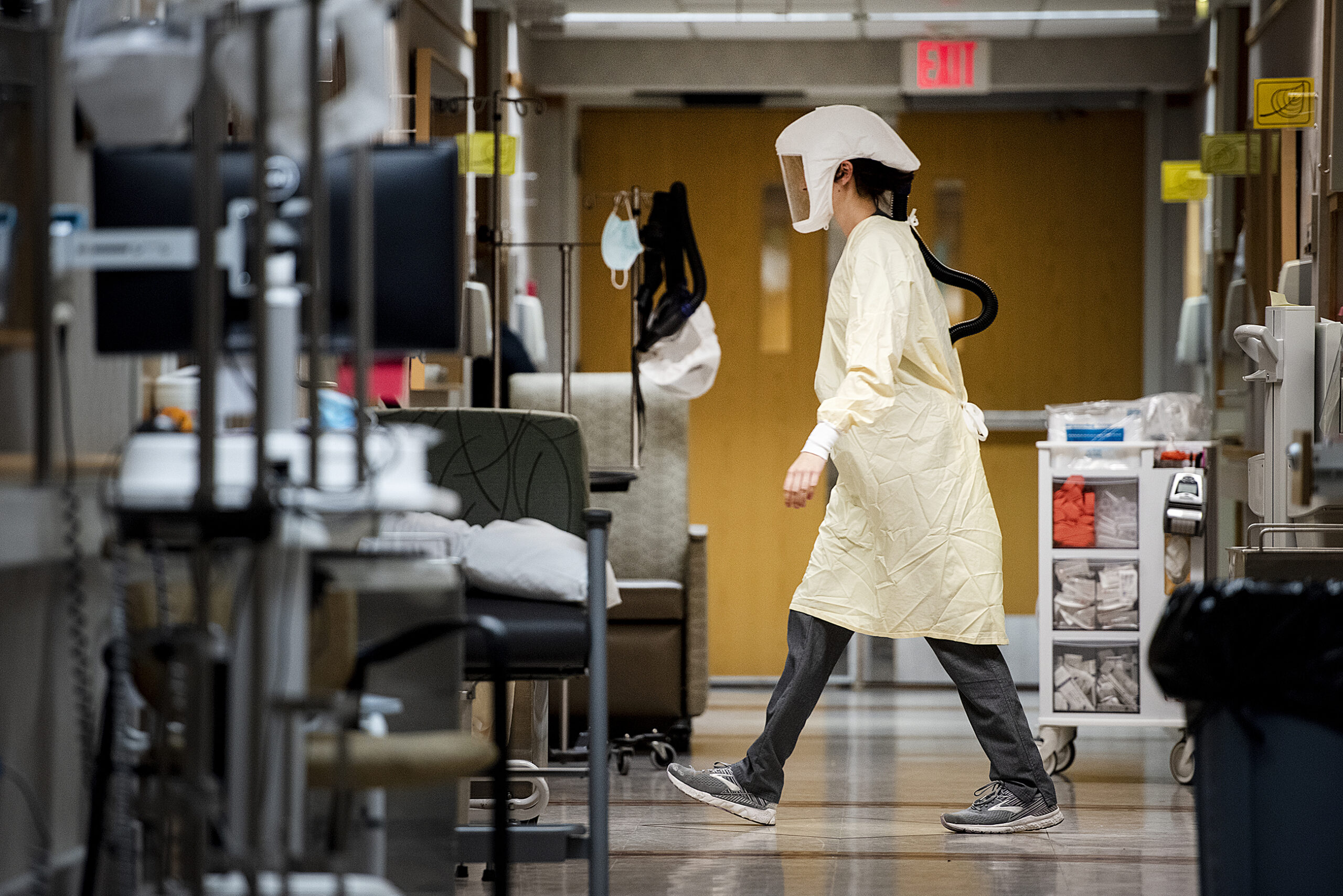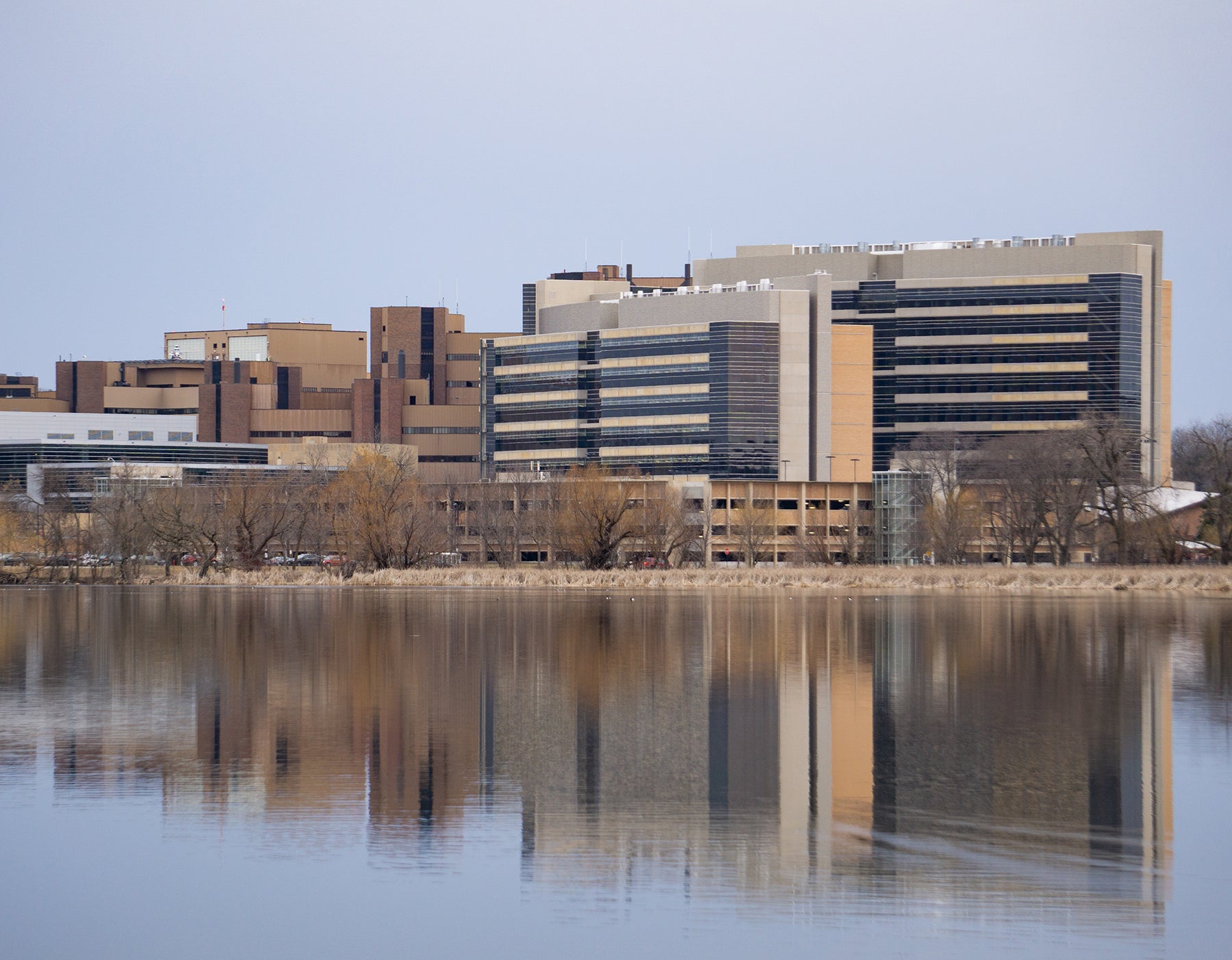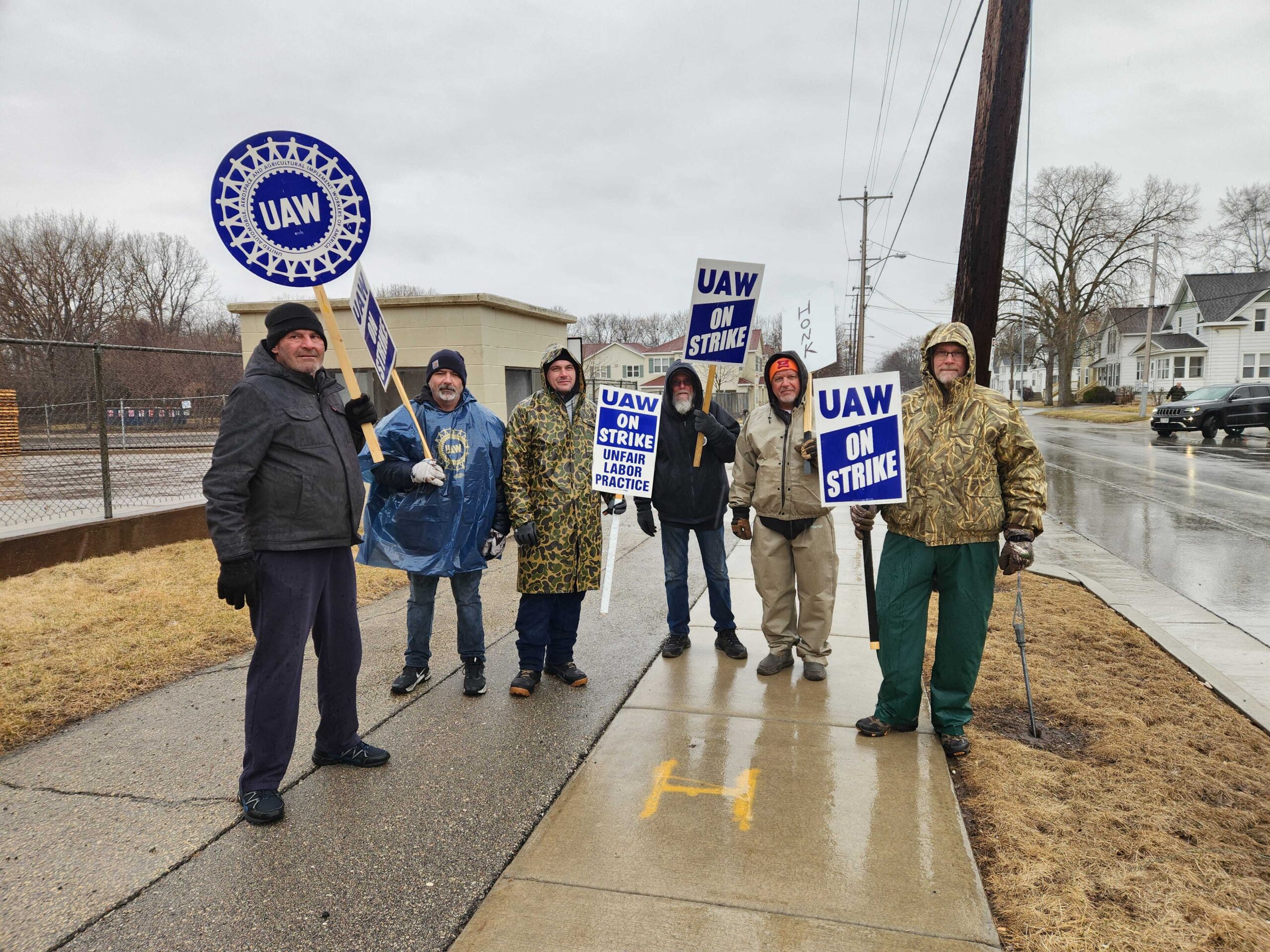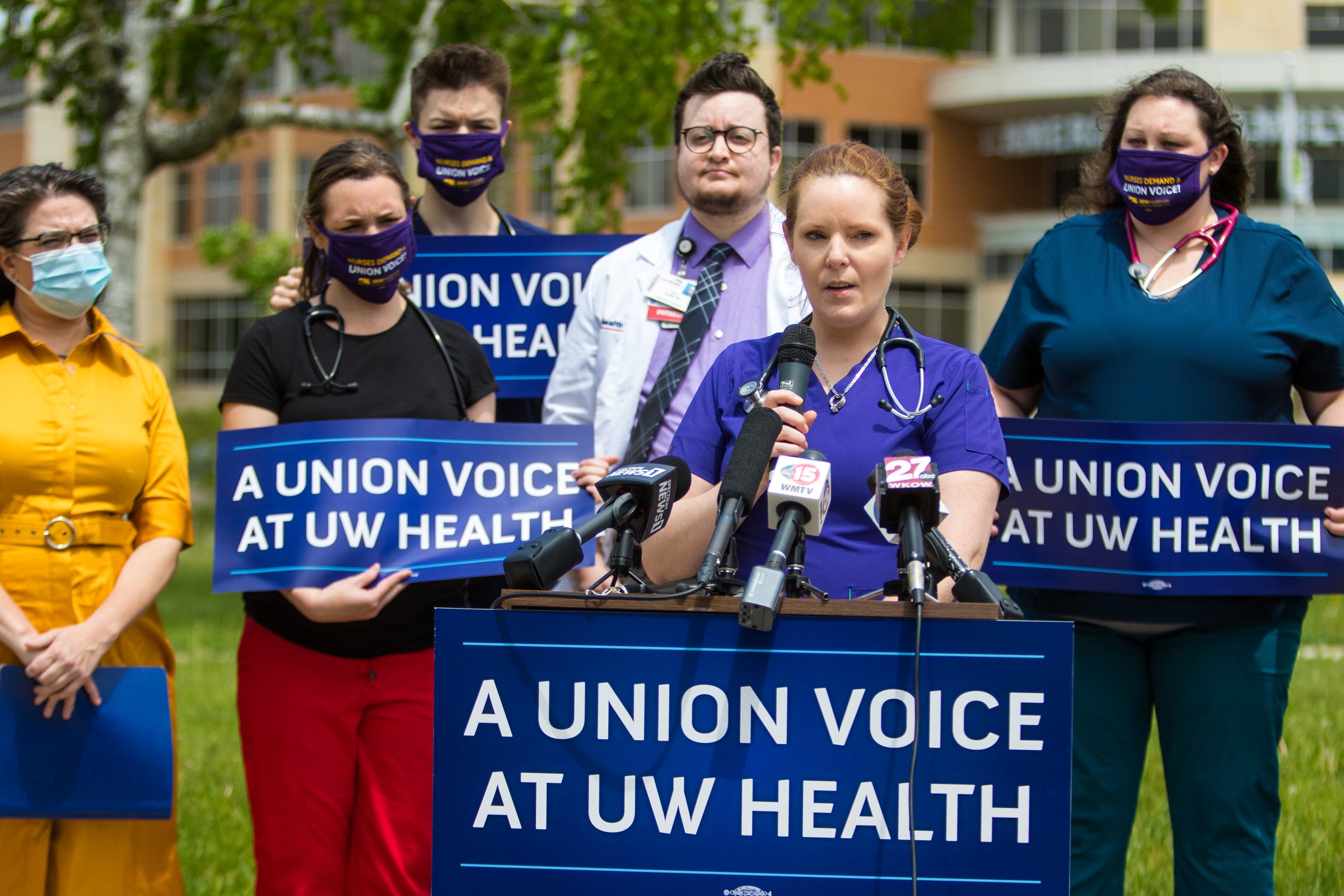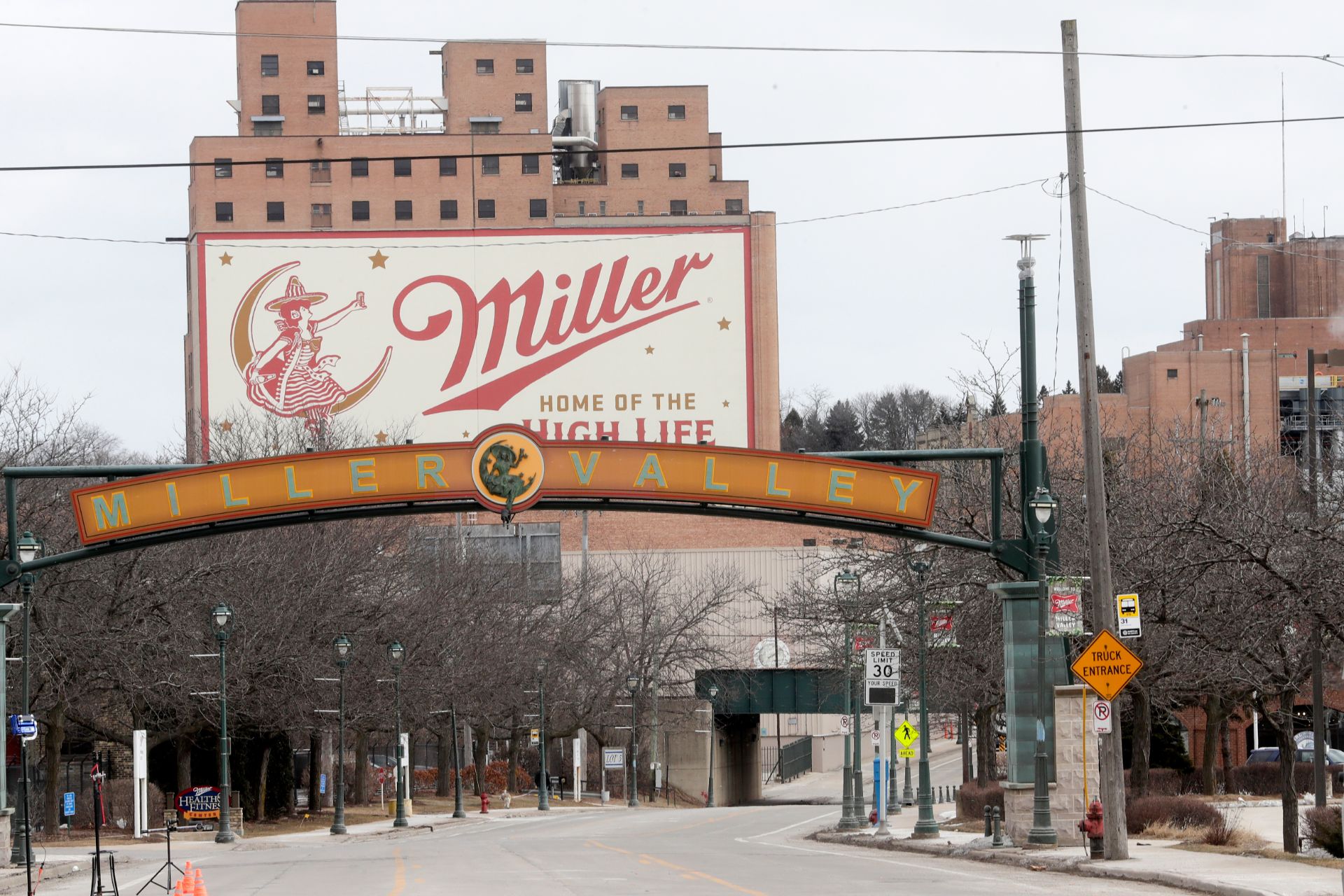Nurses at UW Health in Madison have averted a strike later this week as they reached an agreement with hospital administration. The agreement was reached through mediation with help from Democratic Gov. Tony Evers’ office.
Last month, hundreds of UW nurses voted nearly unanimously to authorize a 3-day strike if their union was not recognized. The strike was set to begin Tuesday. On Sept. 2, they delivered the official 10-day notice of the strike, as is required by law.
Last week, the Service Employees International Union, or SEIU Healthcare, and hospital officials began mediation with the Wisconsin Employment Relations Commission, Evers said. Evers invited representatives from both parties to the executive residence to continue negotiations over the weekend.
Stay informed on the latest news
Sign up for WPR’s email newsletter.
“This wasn’t easy,” Evers said at a press conference Monday. “It took time, honesty and commitment from both sides to better communicate, and that is exactly what they did.”
UW Health nurses were once unionized, but employee unions were phased out at the hospital in 2014 following the passage of Act 10 under former Gov. Scott Walker in 2011 which gutted public employee unions. The effort to revive the union was first announced in 2019, with organizers citing nurse-to-patient ratios and understaffing as chief concerns.
At issue is whether or not the hospital can legally recognize and bargain with the nurses’ union after the passage of Act 10.
“We said for over a decade that the legal situation does not allow us to recognize a union,” said UW Health CEO Dr. Alan Kaplan. “This agreement finally set forth a path to resolve the question once and for all.”
The agreement reached is not a recognition of the union, but a process for finding a legal answer to that key question.
“We’ve all mutually agreed on a path and it has multiple pieces,” Kaplan said.
Kaplan said he expects the process to take “a matter of months,” although there could also be appeals through the court system.
In June, Democratic Attorney General Josh Kaul wrote that the hospital could voluntarily engage in collective bargaining with employees. Nurse Colin Gillis said the nurses have always believed that to be true, and expect the fact-finding process will end in the nurses’ favor.
In the meantime, Gillis said they are happy with the agreement, and have started discussions with hospital leadership.
“We are starting now, starting already, starting yesterday, getting to the table with management and starting to find solutions together,” Gillis said.
As the UW nurses averted a strike, a walkout of Minnesota nurses began. In Duluth, nurses at St. Luke’s and Essentia hospitals began a 3-day strike over contract negotiations on Monday, called the largest private-sector nurses strike in U.S. history.
Wisconsin Public Radio, © Copyright 2025, Board of Regents of the University of Wisconsin System and Wisconsin Educational Communications Board.
